President Bola Ahmed Tinubu on Wednesday declared a nationwide security emergency, directing the military, police, and intelligence agencies to deploy thousands of additional personnel to tackle the escalating wave of kidnappings and terrorist attacks across Nigeria. He also called on the National Assembly to begin work on legislation enabling state police, a move he described as essential for safeguarding citizens.
The announcement followed a harrowing week that saw hundreds of schoolchildren and teachers abducted in Kebbi, Niger, and Kwara states, alongside deadly attacks on churches. In Kebbi, 24 schoolgirls were kidnapped from Government Girls Comprehensive Secondary School in Maga, with the vice principal shot dead during the raid. In Niger State, over 300 students and teachers were abducted from St. Mary’s Catholic School, Papiri, while in Kwara, gunmen attacked a church, killing two worshippers and kidnapping 38 others. The wave of violence prompted the closure of dozens of schools and 41 Federal Unity Colleges nationwide.
Tinubu’s directive authorises expanded recruitment into the police and military, including the temporary conversion of NYSC camps into police training centres. Officers withdrawn from VIP duties are to be retrained and redeployed to high-risk zones, while forest guards have been ordered to intensify operations against bandits hiding in remote areas. The President called on citizens to remain vigilant and support security agencies in protecting their communities.
The emergency declaration, however, sparked rare criticism from legislators. Senators and House members expressed outrage over the Federal Government’s negotiations with bandits for the release of abducted victims, arguing that dialogue with criminal networks risks emboldening them and undermining public confidence. Lawmakers demanded accountability for the withdrawal of troops from the Kebbi school and urged the government to take decisive action against kidnappers.
Opposition figures, including former Vice President Atiku Abubakar, condemned the approach as an attempt to conceal incompetence, questioning why abductors were not neutralised or arrested. The African Democratic Congress also criticised the government’s handling of the rescues, warning that secret deals with bandits could expand the kidnapping economy and further weaken national security.
Meanwhile, governors from southern states reiterated that state police is non-negotiable, insisting that decentralised policing is necessary to strengthen security at local levels. In line with Tinubu’s directives, the Police Service Commission and Nigeria Police Force inaugurated a committee to commence the recruitment of 30,000 additional officers, signalling a major effort to rebuild the nation’s security architecture.
As Nigeria grapples with one of its deadliest waves of abductions in recent memory, the unfolding crisis is exposing deep tensions between the executive, the legislature, and opposition parties, while raising urgent questions about the government’s capacity to protect citizens.




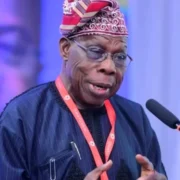
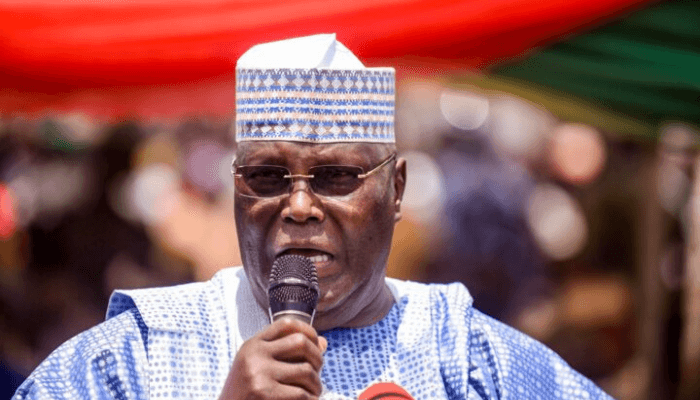
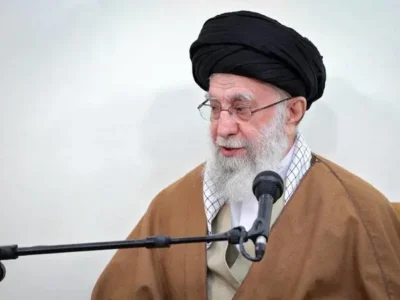
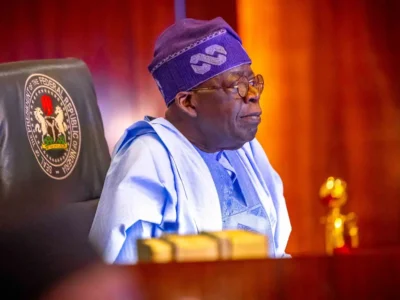
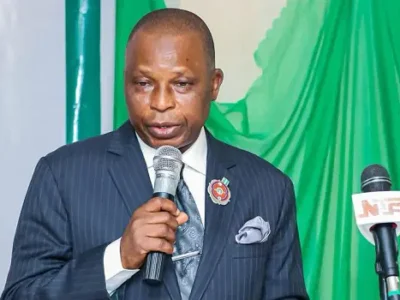










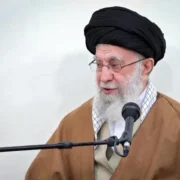
Comments